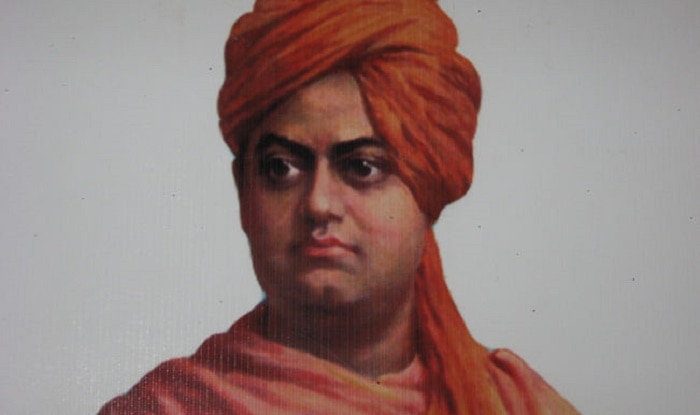In 1893, Vivekananda attended the World’s first ‘Parliament of Religions’ in Chicago to articulate the real meaning and essence of Hinduism, which was till then dismissed as a ‘concocted practice of pagans’.

Long before the colour saffron became indicative of hooligans asserting majoritarianism, there was an era when one of the finest intellectual of our motherland, wearing the traditional saffron turban reached the shores of the Western ‘developed’ world to spread mysticism of the East. Swami Vivekananda, the most credible indigenous scholar, whose wit and profound knowledge was matched by none during the period, went to the United States of America at the dusk of 19th century to present the glory of Hinduism before a spiritually shattered society.In 1893, Vivekananda attended the World’s first ‘Parliament of Religions’ in Chicago to articulate the real meaning and essence of Hinduism, which was till then dismissed as a ‘concocted practice of pagans’. A population turning ‘irreligious’ and tilted towards embracing atheism were left astonished on hearing the historic speech made by the revered leader in Chicago.
The Vedas teach us that creation is without beginning or end. Science is said to have proved that the sum total of cosmic energy is always the same. Then, if there was a time when nothing existed, where was all this manifested energy? Some say it was in a potential form in God. In that case God is sometimes potential and sometimes kinetic, which would make Him mutable. Everything mutable is a compound and everything compound must undergo that change which is called destruction. So God would die — which is absurd. Therefore, there never was a time when there was no creation.In the following part of his speech, Vivekananda struck a chord with the global youth by speaking on the existential crisis, felt by every adolescent who has introspected on his life. Here is what he said:Is man a tiny boat in a tempest, raised one moment on the foamy crest of a billow and dashed down into a yawning chasm the next, rolling to and from at the mercy of good and bad actions — a powerless, helpless wreck in an ever-raging, ever-rushing, uncompromising current of cause and effect — a little moth placed under the wheel of causation, which rolls on crushing everything in its way and waits not for the widow’s tears or the orphan’s cry.For Vivekananda, Hinduism was the stream of spirituality rather which would never impose theological doctrines on its followersThe Hindu religion does not consist in struggles and attempts to believe a certain doctrine or dogma, but in realising — not in believing, but in being and becoming.





